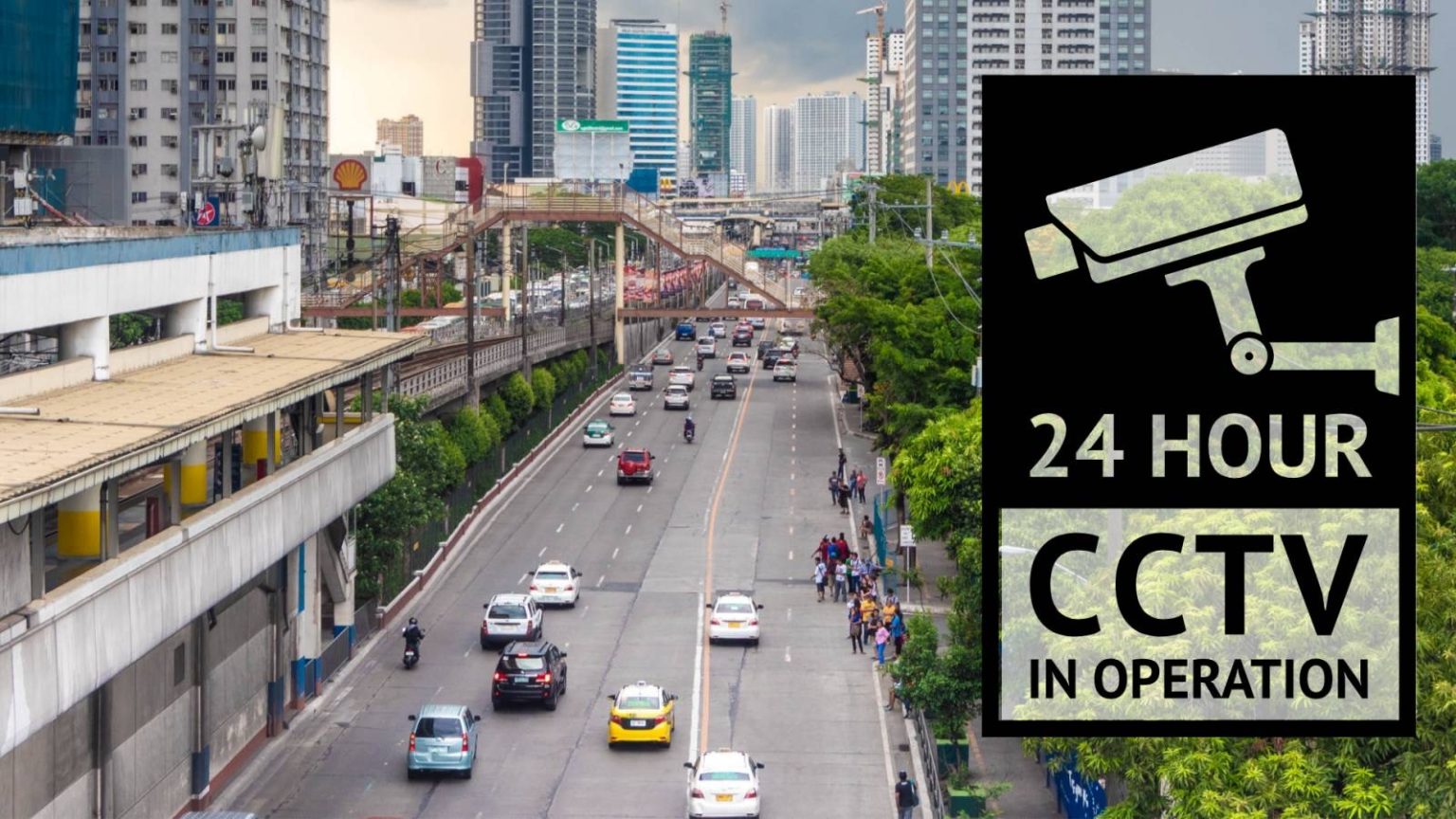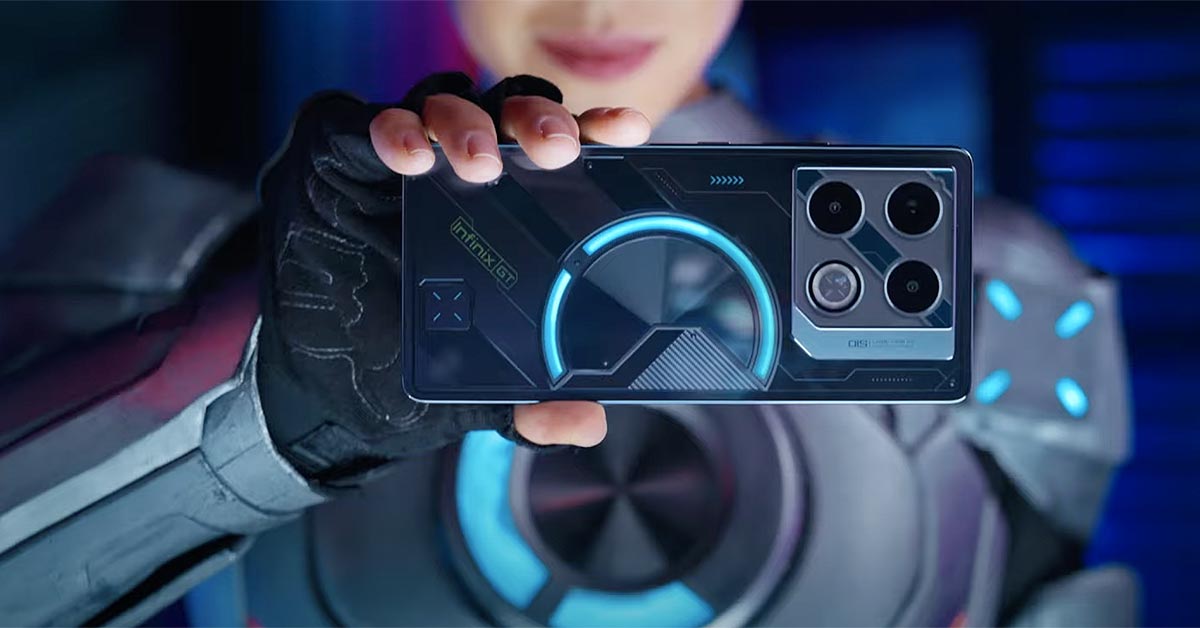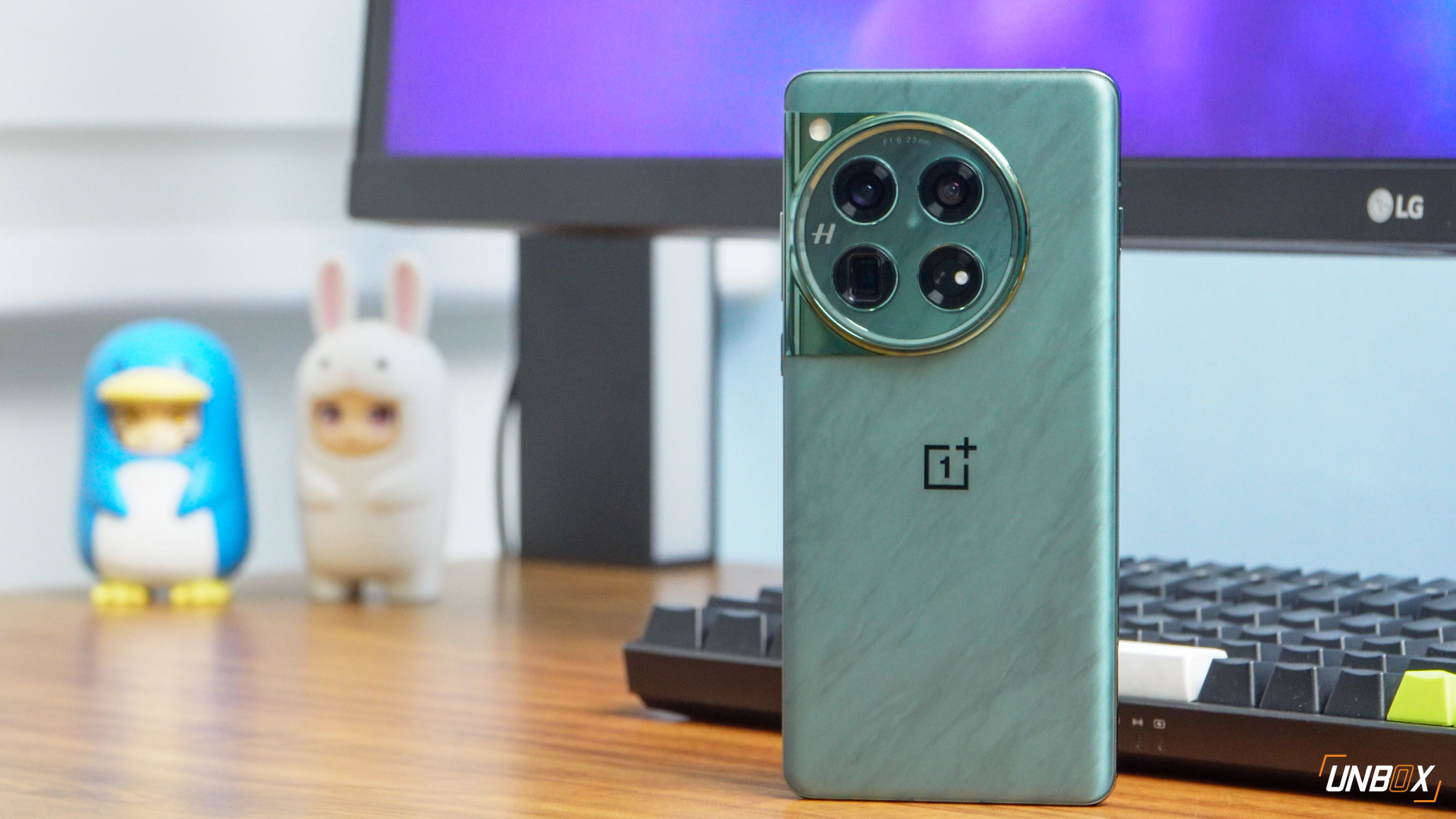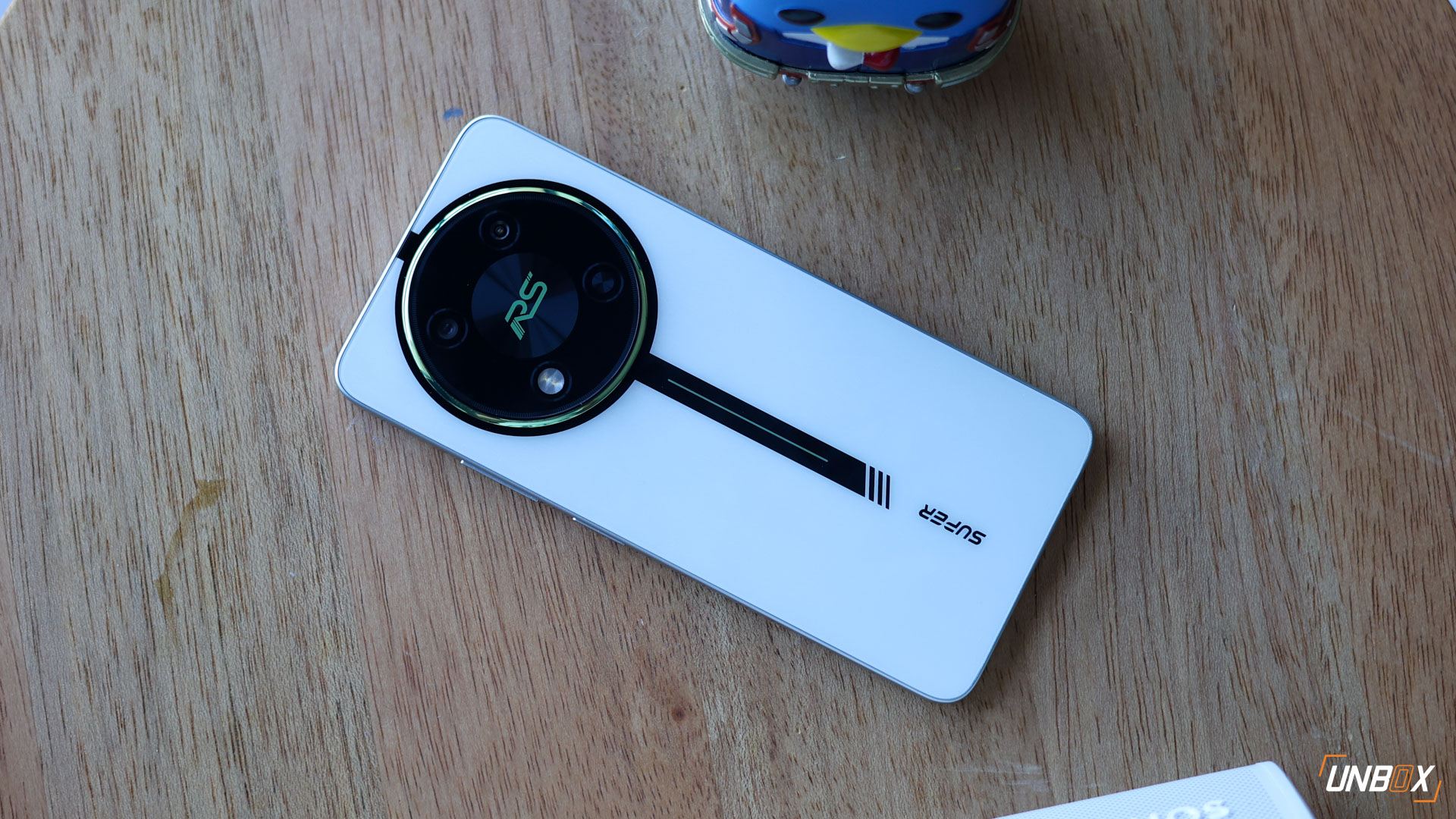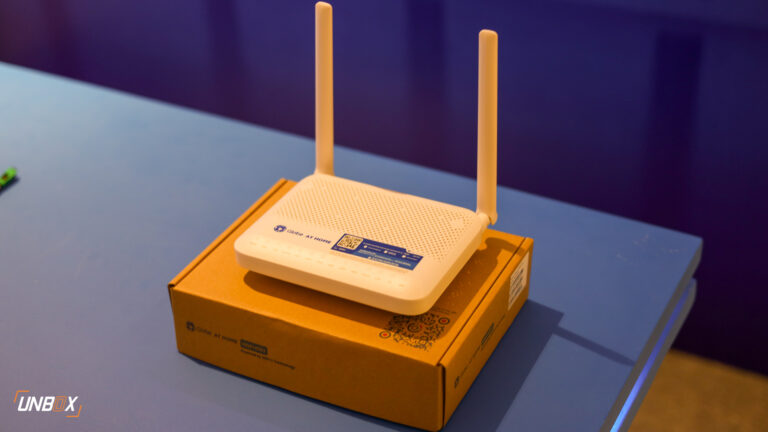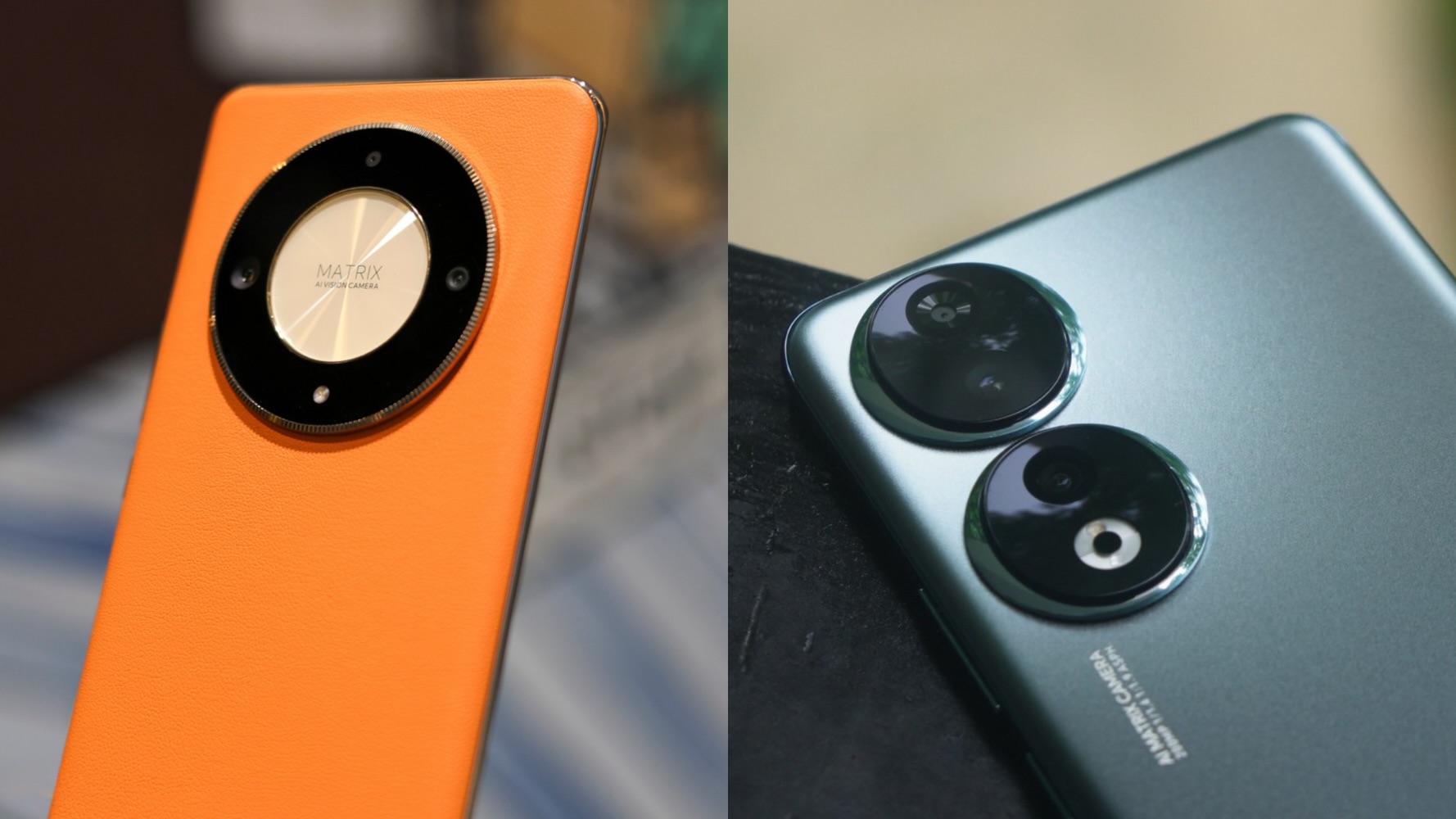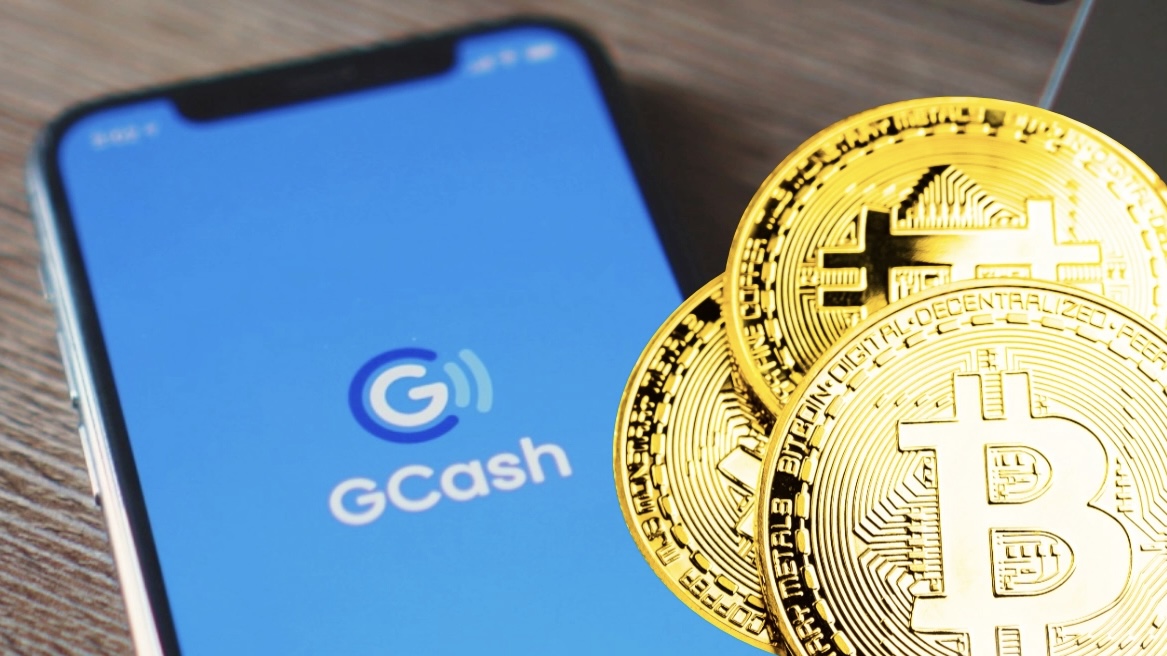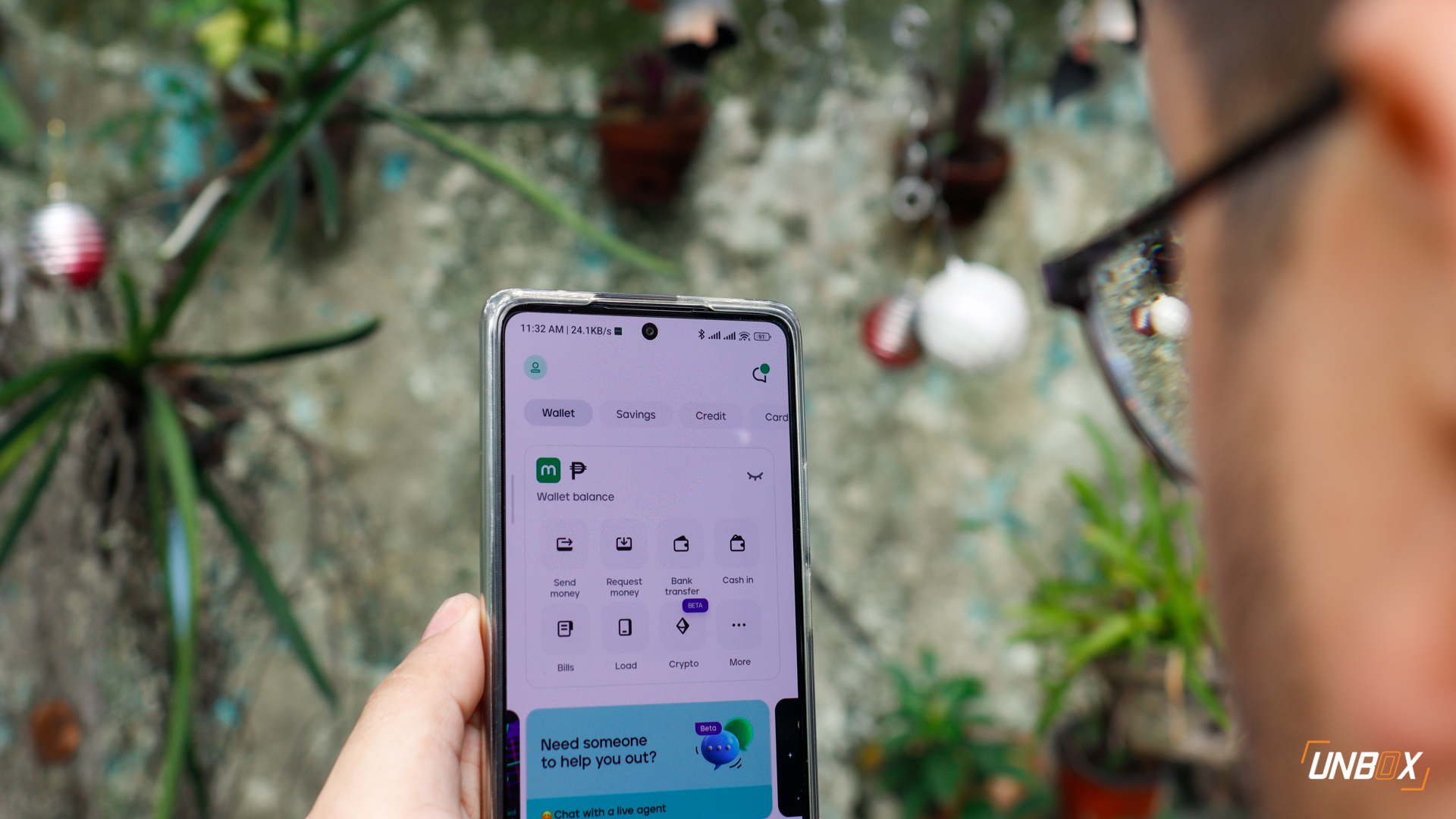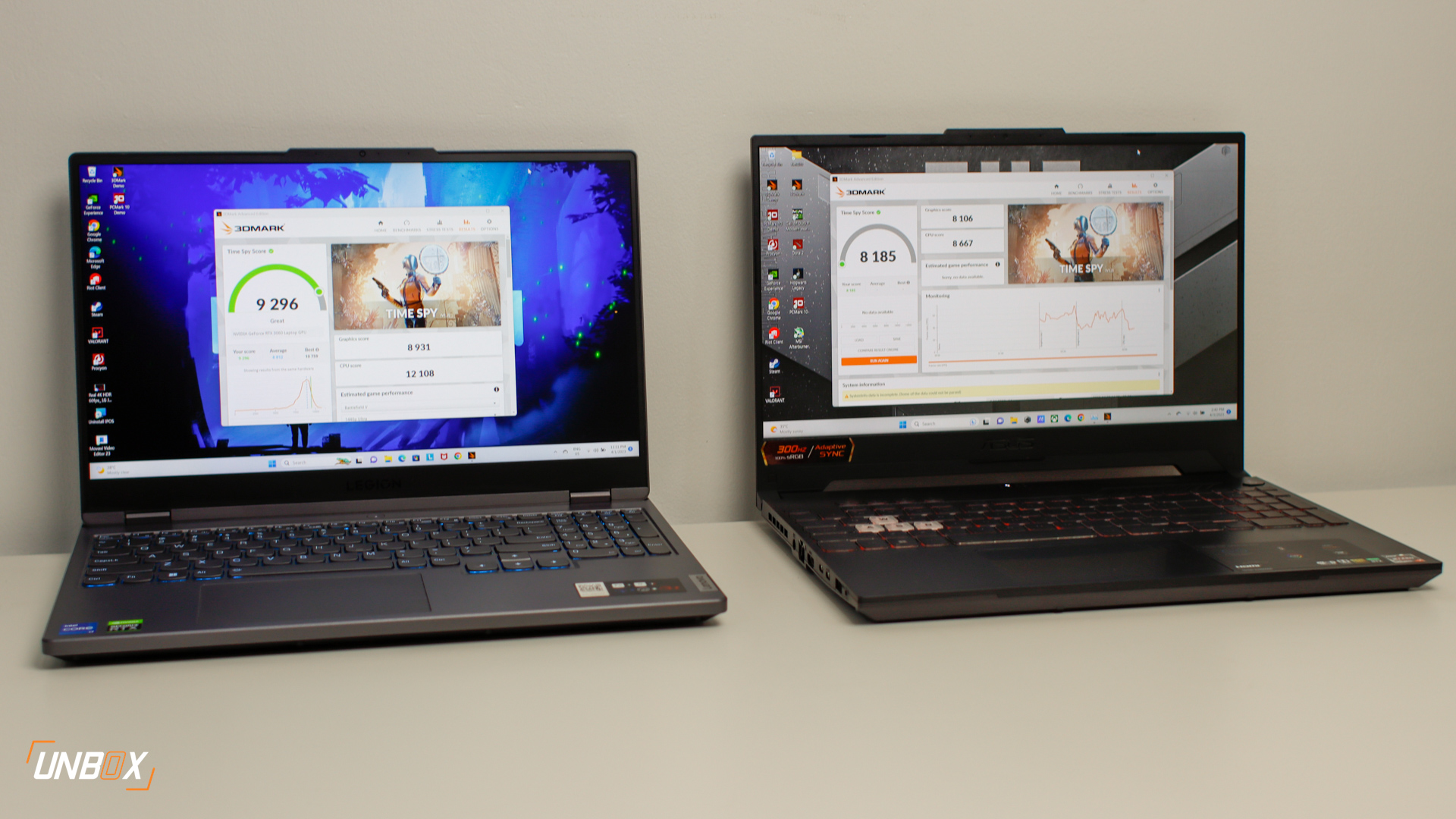No traffic policy has ever been as controversial as the No-contact Apprehension Policy. It was bombarded with complaints immediately after its implementation, both from private and public groups. According to them, the system is full of loopholes as well as legal issues. This begs the question of whether the NCAP is legal or not.
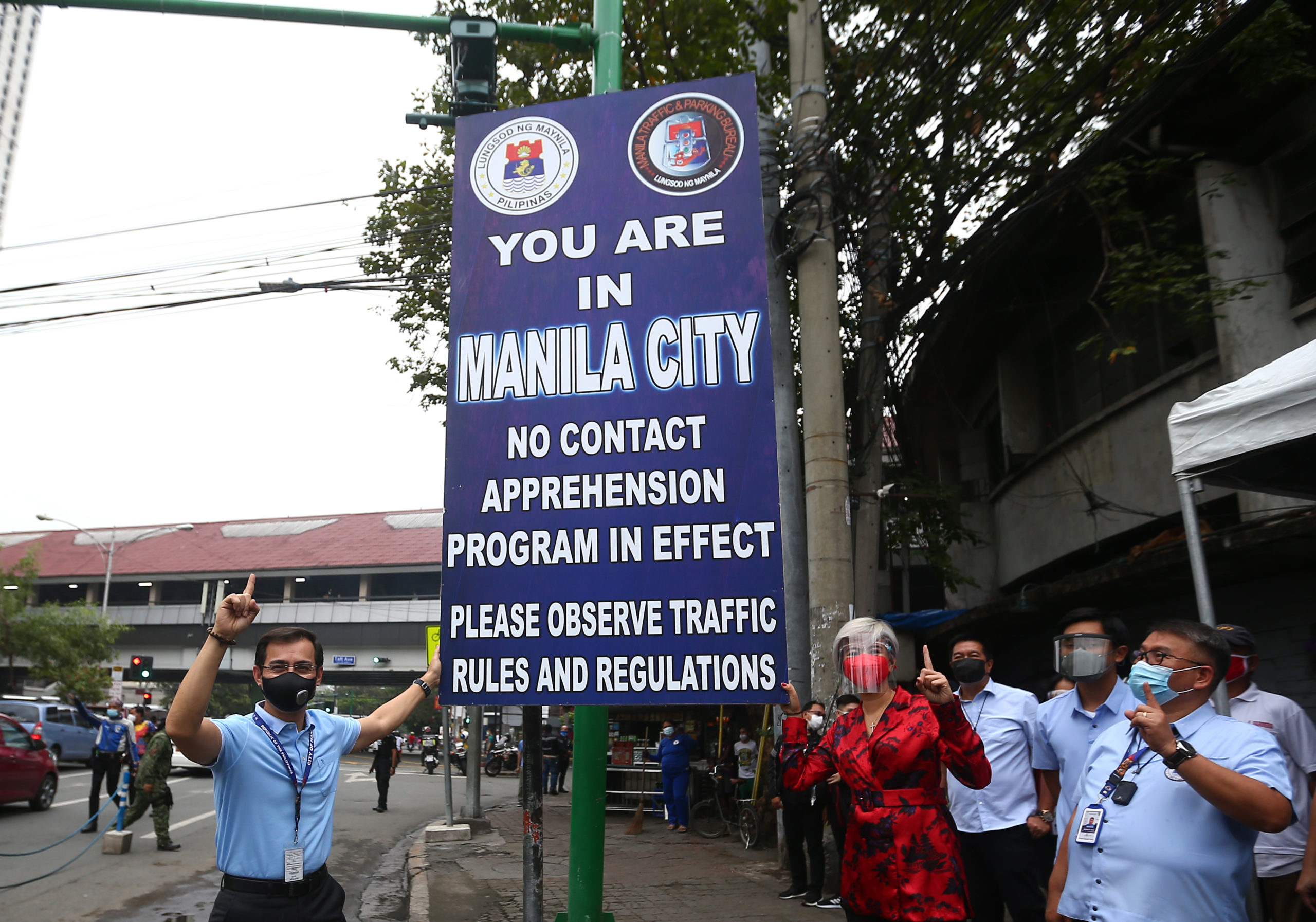
Starting with the transport groups—Kilusan sa Pagbabago ng Industriya ng Transportasyon Inc., Alliance of Concerned Transport Organization, et al), they argue that the implementation of NCAP is unconstitutional and thus invalid.
In their petition to the Supreme Court, the transport groups have raised the following legal issues:
- The ordinances of the LGUs are in violation of the existing statutes, which do not establish, authorize and even mention any no-contact apprehension;
- That the wordings of the Republic Act No. 4136 (Land Transportation and Traffic Code) is clear, any inclusion that includes NCAP is void;
- That the NCAP implementation violates due process;
- That the NCAP provisions impose unreasonable conditions that include non-renewal of the vehicle registration until such time that the fines are settled; and
- That the NCAP implementation makes innocent third persons liable for traffic violations.
Atty. Vigo Mendoza, lead counsel of Kilusan sa Pagbabago ng Industriya ng Transportasyon Inc., has said that NCAP has no legal basis since it is not explicitly defined either in Republic Act 7924 (the MMDA law) and RA 4136 (Land Transportation and Traffic Code).
“At the time when the MMDA resolution was passed, there was no statute nor ordinance allowing the MMDA to augment traffic rules and regulations, to add or to expand the coverage of persons, other than the offending driver, who are liable for committing traffic violations,” Mendoza said.
In addition, a private lawyer has filed a petition before the Supreme Court, also challenging the constitutionality of NCAP. According to Atty. Junmar Paa, his right to due process was violated when the notice of violation was not properly served to him, yet he was forced to pay the fees as he couldn’t renew his vehicle’s registration. He also said that his right to privacy was violated when the system made his violations accessible to the public through its website. Lastly, he said that the fees are excessive and that excessive fees are prohibited by the Constitution.
Agreeing on the excessiveness of fines is LTO chief Assistant Secretary Teofilo Guadiz III. According to him, the fines imposed under NCAP should be the same, if not lower, as those imposed by the Metropolitan Manila Development Authority (MMDA).
“The penalties exacted by LGUs are much much higher. Maybe we could harmonize this, there would be lesser complaints,” he said.
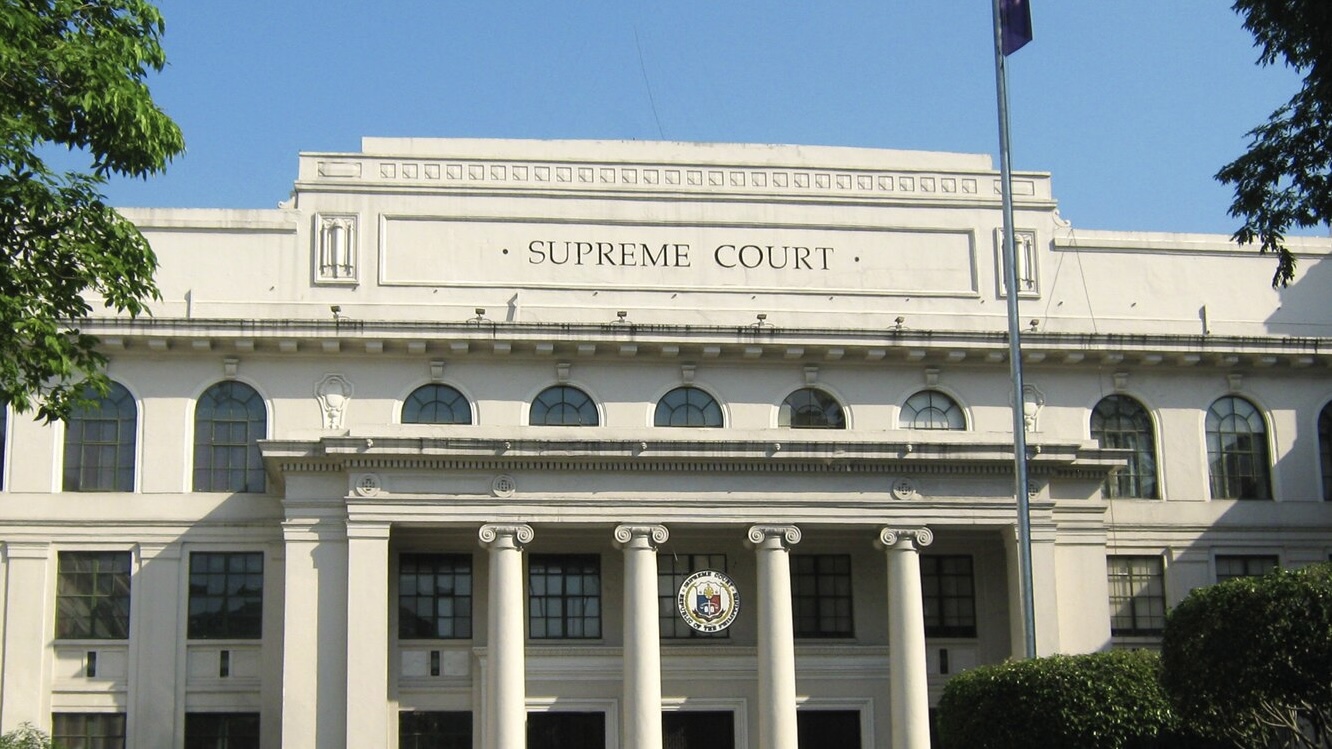
At present, NCAP is temporarily suspended upon the order of the Supreme Court. Any apprehension through the said program is prohibited until further notice from them.
An oral argument with all the concerned parties has been set on January 24, 2023. This means that the policy will remain suspended for now. This also means that we cannot ascertain the legality or constitutionality of the No-contact Apprehension Policy until then since only the Supreme Court has the capacity to do so.


